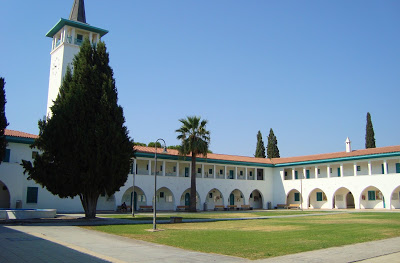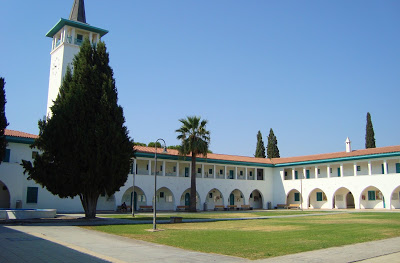According to an announcement by the University, researchers in the Laboratory of Holistic Electronics of the Department of Electrical and Computer Engineering, under the guidance of Assistant Professor Julios Georgios, designed and built an electronic capsule model for the detection of cancer in leprosy. The construction of such a capsule creates possibilities for systematic screening for the occurrence of early carcinomas.
It is noted that although small bowel cancer is one of the rarest types of cancer in the gastrointestinal tract, it is one of the most dangerous types, since only 20-30% of patients survive beyond 5 years. The ability to diagnose at an early stage is expected to significantly reduce mortality rates.
As mentioned, the hitherto difficult access of the small intestine by diagnostic tools, in contrast to the large intestine, implies its incomplete examination until severe symptoms of cancer appear at an advanced stage. In addition to early detection, cost reduction and wider population coverage with diagnostic tests, a capsule such as the one developed by the University of Cyprus is expected to reduce the rates of small bowel cancer metastasis to other neighboring organs.
Intestoscopy of the small intestine with a capsule
The e-capsule, which is the size of a pill, promises the detection of microcarcinomas in the small intestine and creates opportunities for early diagnosis and treatment.
Passing through the patient's digestive system, the capsule will record the intensity of infrared fluorescence emitted by dyes such as indocyanine green, which attaches to cancer cells and makes them detectable. Such fluorescent dyes can be detected from the capsule even when they are a few millimeters below the intestinal epithelium, from where the first signs of cancer appear. Detection of the substance is achieved by the use of photodiode sensors that detect infrared fluorescence, which is caused by the stimulation of the dye by high-intensity laser diode radiation.
Such an examination cannot be performed with existing endoscopy capsules, which are equipped with a small camera and carry images of the physiology of the bowel, which are often not sufficient to diagnose early stage cancer. In addition, the fluorometric capsule records the intensity of infrared fluorescence, data which is analyzed and interpreted easier and faster by the images.
Experimental tests of the system on pig pig intestine pieces impregnated with pigment confirmed the ability of the capsule to detect particularly low concentrations of the substance, which are associated with small early carcinomas in the small intestine.
Holistic Electronics Laboratory
The capsule was manufactured under the guidance of Dr. Iouliou Georgiou, Assistant Professor at the Laboratory of Holistic Electronics of the Department of Electrical and Computational Engineering. In the construction of the standard capsule has worked mainly Dr. Panagiota Demosthenous in the context of her doctoral dissertation. The invention was published in the International Scientific Journal "IEEE Transactions in Biomedical Circuits and Systems" on August 21, 2015, entitled "Infrared Fluorescence-Based Cancer Screening Capsule for the Small Intestine".
Assistant Professor Ioulios Georgiou, referring to the invention of the capsule for preventive control of the small intestine, said that Cyprus has the potential to lead in technology, especially since it has many researchers from the best universities in the world who offer education of the same level. within Cyprus.
"The Holistic Electronics Laboratory has nothing to envy from similar laboratories abroad, even Imperial College London. Proof is the creation of various technologically innovative devices such as the capsule for preventive control of the small intestine, a new type of gyroscope that consumes 15 times less energy, award-winning imaging chip with the least energy consumption in the world, and much more. But for these fruits of research to bear fruit in the local economy, a policy of commercial exploitation with vision is needed. "It is not possible that there is no legislation that allows the University of Cyprus to create and be a shareholder in companies of Technoblasts, as is done in all the top universities in the world", he noted.
The University of Cyprus has decided not to apply for a patent, as it considers that the invention is in the public interest and any restriction on the dissemination of this technology would not be in the public interest.
Source: KYPE

